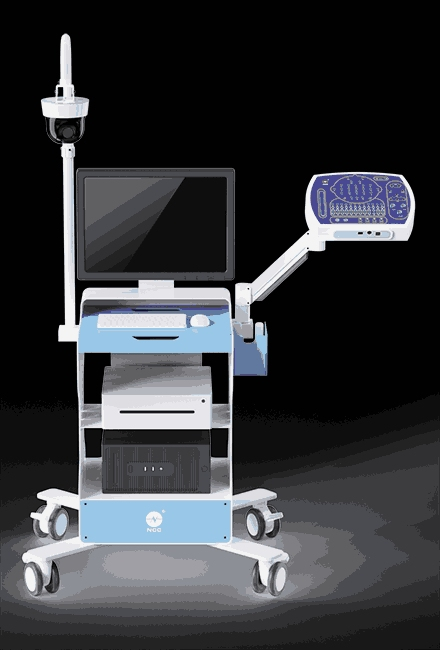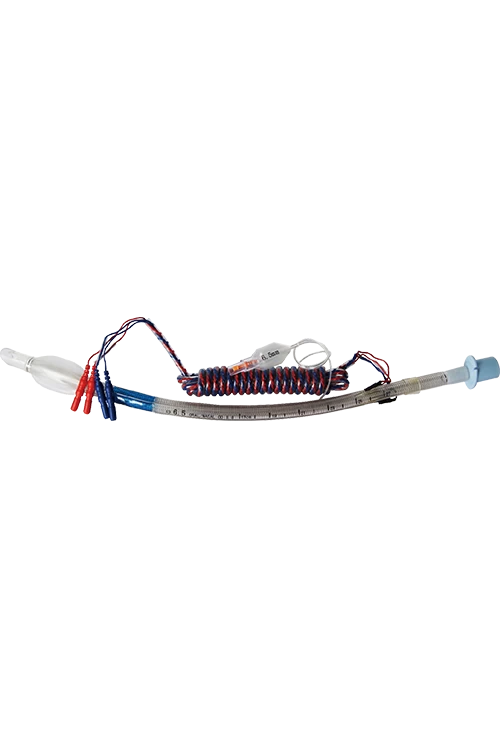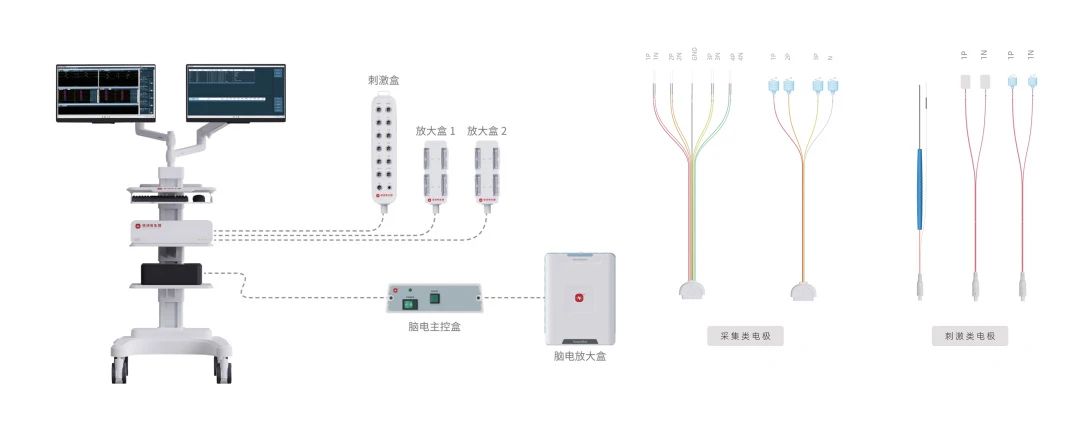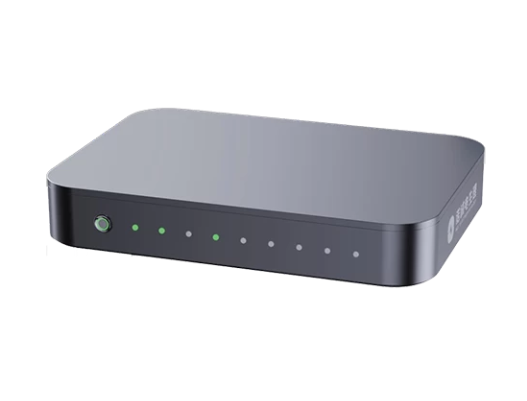Comparing Different Types of EEG Machines: Which One is Right for You?
Electroencephalography (EEG) machines are vital tools in the field of neurology and neuroscience, allowing for the monitoring and analysis of brain activity. With various types of EEG machines available, each tailored to specific applications, selecting the right one can be challenging. At NCC, we offer a range of EEG machines designed to meet diverse clinical and research needs. In this blog, we will compare different types of EEG machines, highlighting their features, benefits, and ideal use cases.

Understanding EEG Machines
EEG machines are used to record electrical activity in the brain through electrodes placed on the scalp. These devices are essential for diagnosing conditions such as epilepsy, sleep disorders, and other neurological conditions. The choice of EEG machine depends on various factors including the intended application, number of channels required, portability, and additional features.
Types of EEG Machines Offered by NCC
1. Type C Electroencephalography (EEG)
The NCC Type-C EEG is a digital EEG device featuring 20 channels. It is designed for both routine and ambulatory EEG applications.
Key Features:
- Channel Configuration: 19 channels for monopolar EEG and 1 channel for bipolar ECG.
- Wireless Bluetooth Transmission: Allows patients to move freely during recordings.
- Low-Power Consumption: Supports remote recording for up to 72 hours using dry batteries.
- Event Button: Marks events on waveforms during ambulatory recordings.
- Storage: Equipped with a 2G flash card for data storage.
Ideal Use Cases:
This machine is perfect for routine EEGs in clinical settings and ambulatory monitoring where patient mobility is necessary.
2. Type D Electroencephalography (EEG)
The NCC Type-D EEG offers a more advanced setup with options for 24, 36, 48, 60, or 72 channels. It is suitable for comprehensive studies including Event-Related Potential (ERP) data acquisition and polysomnography (PSG).
Key Features:
- Multiple Channel Options: Choose from 24 to 72 channels based on your needs.
- Fiber Optical Transmission: Prevents interference from AC signals.
- High Accuracy: Provides high-quality EEG with 24-bit precision.
- Expandable PSG Recording: Supports additional parameters like EOG, airflow, snoring, ECG, and more.
- Optional Stimulators: Includes acoustic and visual stimulators for ERP examinations.
Ideal Use Cases:
This model is ideal for research institutions and hospitals conducting detailed neurological assessments and sleep studies.
3. Type F Holter Electroencephalography (EEG)
The NCC Type-F Holter EEG is a portable solution available in 24 or 32 channels. It is designed for long-term monitoring with real-time data transmission capabilities.
Key Features:
- Compact Design: Easy to carry and set up anywhere.
- Wi-Fi Transmission: Facilitates real-time recording of EEG waveforms.
- Patient Marker Button: Allows patients to indicate seizure occurrences during recordings.
- Dynamic Recording Capability: Supports up to 4-5 days of case storage with a flash memory card.
Ideal Use Cases:
This machine is particularly useful for long-term monitoring in outpatient settings or during daily activities.
4. Type F Electroencephalography (EEG) Routine
The NCC Type-F Routine EEG device supports configurations of 24, 32, or 64 channels. It is designed to deliver high-quality signals through advanced hardware and software design.
Key Features:
- Multiple Channel Options: Available in configurations up to 64 channels.
- Wi-Fi Transmission: Enables real-time data collection while allowing patient movement.
- Built-in Impedance Testing: Ensures electrode integrity before recordings.
Ideal Use Cases:
This type is well-suited for routine clinical evaluations where flexibility in channel configuration is beneficial.
Factors to Consider When Choosing an EEG Machine
When selecting an EEG machine, consider the following factors:
1. Number of Channels: More channels allow for more detailed data collection but may increase complexity and cost.
2. Portability: For ambulatory or long-term monitoring, choose a portable model that allows patient mobility without compromising data quality.
3. Data Storage and Transmission: Consider machines with robust data storage options and real-time transmission capabilities for efficient monitoring.
4. Specific Applications: Ensure the machine meets your specific clinical or research needs—whether routine monitoring, sleep studies, or advanced neurological assessments.
Conclusion
Choosing the right EEG machine is crucial for accurate diagnosis and effective treatment planning in neurology. At NCC, we provide a range of high-quality EEG machines tailored to meet various clinical needs—from routine assessments to advanced research applications. Understanding the differences between models like the Type C, Type D, Type F Holter, and Type F Routine can help you make an informed decision that enhances your practice or research capabilities.
If you have any questions about our EEG machines or need assistance selecting the right model for your needs, don’t hesitate to reach out! Together, we can advance your neurological assessments with cutting-edge technology from NCC.

 中文
中文 Arabic
Arabic Spanish
Spanish Hindi
Hindi French
French Indonesian
Indonesian Portuguese
Portuguese Persian
Persian Russian
Russian Korean
Korean German
German Vietnamese
Vietnamese Turkish
Turkish



